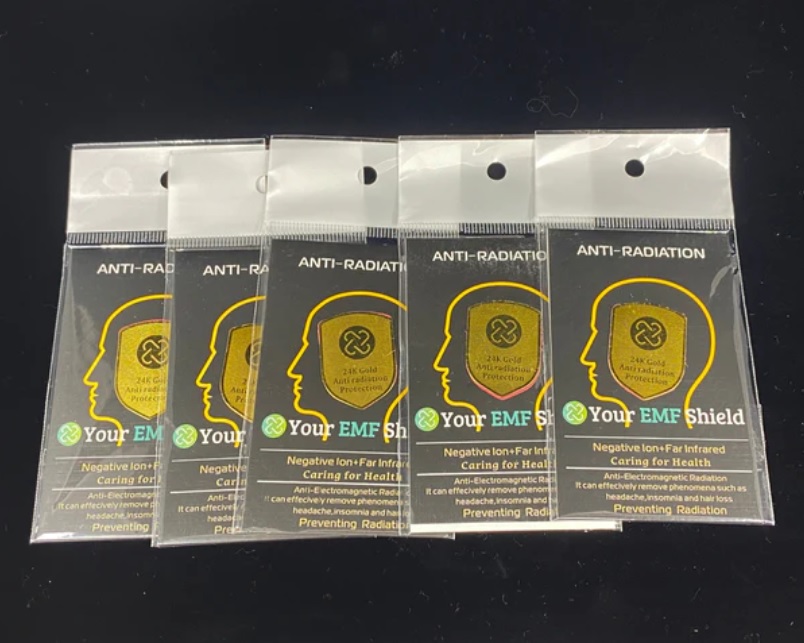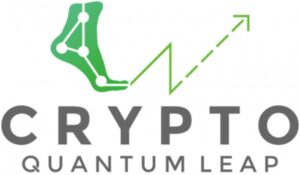In the sixth episode of the Netflix docuseries “Break Point,” Ajla Tomljanovic, a journeywoman tennis player who has spent much of the last decade in the Top 100 of the world rankings, is shown splayed across an exercise mat in a drab training room after reaching the 2022 Wimbledon quarterfinals. Her father, Ratko, stretches out her hamstrings. She receives a congratulatory phone call from her sister and another from her idol-turned-mentor, the 18-time major champion Chris Evert, before Ratko announces that it’s time for the dreaded ice bath. “By the way,” Tomljanovic says at one point, “do we have a room?” Shortly after his daughter sealed her spot in the final eight of the world’s pre-eminent tennis tournament, Ratko was seen on booking.com, extending their stay in London.
This is not the stuff of your typical sports documentary, but it is the life of a professional tennis player. Circumnavigating the globe for much of the year with only a small circle of coaches, physiotherapists and perhaps a parent, they shoulder alone the bureaucratic irritations that, in other elite sports, might be outsourced to agents and managers. If at some tournaments they surprise even themselves by outlasting their hotel accommodations, most events will only harden them to the standard torments of the circuit, which reminds them weekly of their place in the pecking order. As Taylor Fritz, now the top-ranked American men’s player, remarks in one “Break Point” episode, “It’s tough to be happy in tennis, because every single week everyone loses but one person.” This is a sobering audit, coming from a player who wins considerably more than his approximately 2,000 peers on the tour.
“Break Point,” executive-produced by Paul Martin and the Oscar-winning filmmaker James Gay-Rees, arrived this year as a gift to tennis fans, for whom splashy, well-produced and readily accessible documentaries about the sport have been hard to come by. Tennis, today, finds itself in the crepuscular light of an era when at least five different players — the Williams sisters, Roger Federer, Rafael Nadal and Novak Djokovic — have surely deserved mini-series of their own. But the sport has never enjoyed its own “All or Nothing,” the all-access Amazon program that follows a different professional sports team each season, or the event-television status accorded to “The Last Dance,” the Netflix docuseries about Michael Jordan’s Chicago Bulls, with its luxury suite of talking heads: Nas, Isiah Thomas, “former Chicago resident” Barack Obama. Perhaps this is because the narrative tropes of the genre tend toward triumphs and Gatorade showers, while the procedural and psychological realities of professional tennis lie elsewhere. The 10 episodes of “Break Point” render tennis unromantically: This is the rare sports doc whose primary subject is loss.
In Andre Agassi’s memorably frank memoir, “Open,” he describes the tennis calendar with subtle poetry, detailing “how we start the year on the other side of the world, at the Australian Open, and then just chase the sun.” This itinerary more or less dictates the structure of “Break Point,” which opens at the year’s first Grand Slam and closes at the year-end championships in November. At each tournament, the players it spotlights post impressive results — and then, typically, they lose, thwarted sometimes by the sport’s stubborn luminaries but more often by bouts of nerves or exhaustion. They find comfort where they can, juggling a soccer ball or lying back with a self-made R.&B. track in a hotel room. But many tears are shed, after which they redouble their commitments to work harder, be smarter, get hungrier. “You have to be cold to build a champion mind-set,” says the Greek player Stefanos Tsitsipas.




